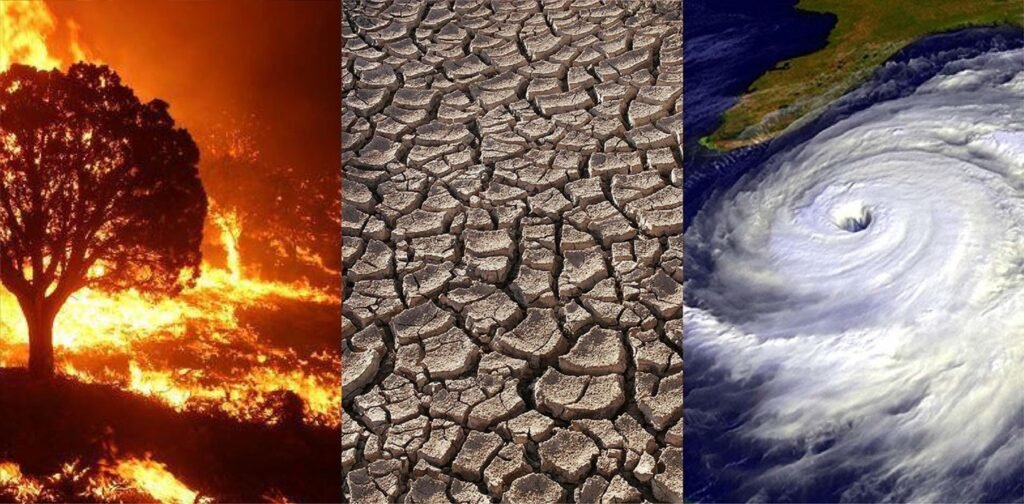
Climate change is accelerating at an alarming pace, reshaping ecosystems and threatening biodiversity worldwide. Recent scientific findings underscore the urgent need for sustainable practices to mitigate these effects and preserve the planet’s ecological balance.
The Escalating Threat to Biodiversity
Climate change is emerging as a primary driver of biodiversity loss, surpassing even habitat destruction and pollution. A comprehensive study by the German Centre for Integrative Biodiversity Research indicates that, by mid-century, climate change could become the leading cause of biodiversity decline, affecting various species and ecosystem services.
Real-World Impacts on Ecosystems
Australia’s Great Barrier Reef
The Great Barrier Reef has suffered its sixth mass coral bleaching event since 2016, with consecutive years of severe bleaching due to marine heatwaves. This phenomenon disrupts the symbiotic relationship between corals and algae, leading to widespread coral mortality and altering the reef’s ecosystem.
South Australia’s Drought Crisis
South Australia is experiencing its driest period on record since February 2024, receiving only about 20% of its usual rainfall. This extreme drought has led to dried-up waterways, mass fish deaths, and stressed vegetation, including wattles and eucalypts. Ecologists warn of potential local extinctions and long-term ecosystem degradation.
UK Wildfires Decimating Habitats
The UK has faced an unprecedented increase in wildfires, with a 1,200% rise in wildfire callouts compared to the previous year. These fires have devastated ecosystems, threatening endangered species like the golden plover and causing long-term damage to peat bogs, which are crucial carbon sinks.
The Interconnectedness of Climate Change and Biodiversity
Biodiversity plays a vital role in regulating the Earth’s climate. Healthy ecosystems, such as forests and wetlands, act as carbon sinks, absorbing significant amounts of CO₂. Conversely, the degradation of these ecosystems releases stored carbon, exacerbating climate change. This creates a feedback loop where climate change leads to biodiversity loss, which in turn accelerates climate change.
Urgent Need for Sustainable Practices
Addressing the intertwined crises of climate change and biodiversity loss requires immediate and coordinated action:
- Nature-Based Solutions: Implementing conservation, restoration, and sustainable land-use practices can enhance ecosystem resilience and carbon sequestration .
- Policy and Governance: Enforcing environmental regulations and integrating biodiversity considerations into climate policies are essential for effective mitigation.
- Community Engagement: Empowering local communities through education and sustainable livelihood programs fosters stewardship of natural resources.
- Scientific Research and Monitoring: Investing in research to monitor ecosystem changes and assess the effectiveness of conservation strategies is crucial for adaptive management.
Conclusion
The impacts of climate change on global ecosystems are profound and far-reaching. From coral reefs to forests, the loss of biodiversity threatens the services these ecosystems provide, including climate regulation, food security, and water purification. Immediate and sustained efforts are necessary to implement sustainable practices, protect biodiversity, and mitigate climate change to ensure a resilient and thriving planet for future generations.





